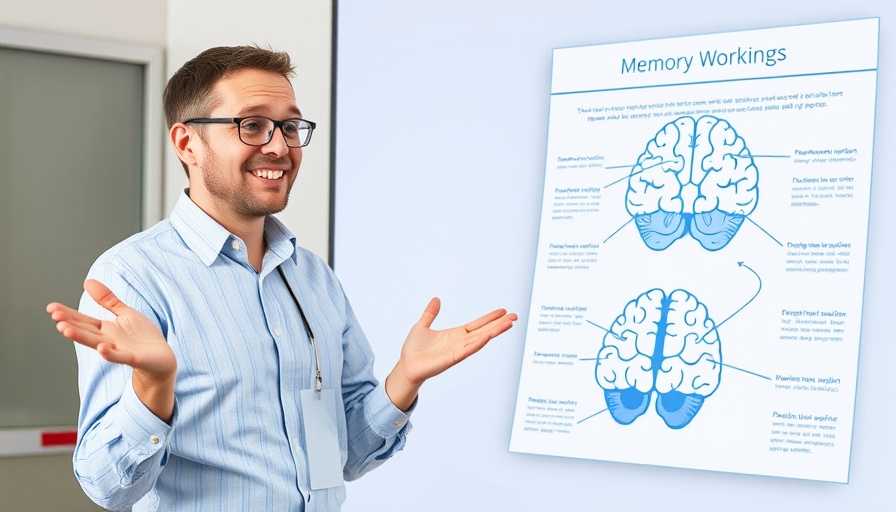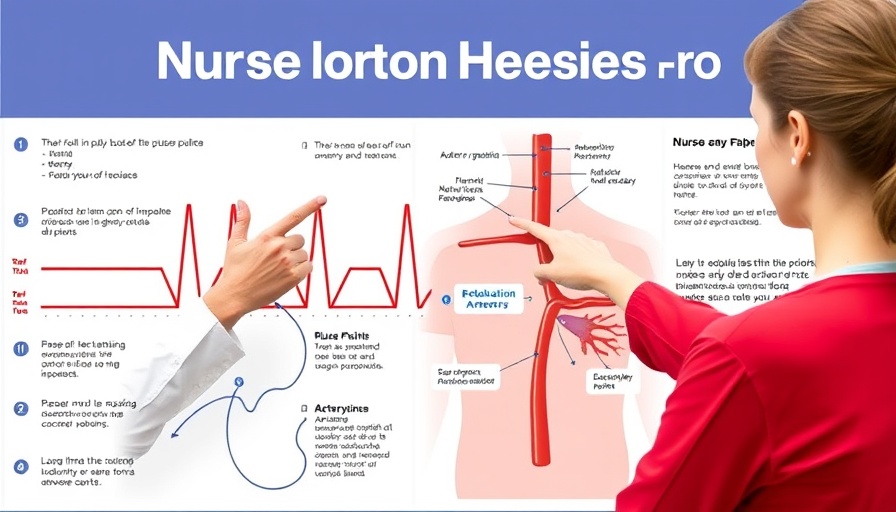
Understanding Memory: The Key to Better Learning
As medical students and healthcare professionals, mastering a vast amount of information is imperative, yet many struggle with retaining knowledge. The video "Why You Forget Everything You Learn...and what to DO about it!" provides insights into memory types and the forgetting curve, concepts essential for enhancing learning and performance in the medical field. By appreciating how memory functions, you can develop strategies to improve retention and comprehension, vital for both exams and everyday practice.
In 'Why You Forget Everything You Learn...and what to DO about it!', the discussion emphasizes memory types and retention strategies, prompting us to delve deeper into practical methods that can enhance performance for medical students and professionals.
The Information Processing Model: Decoding Memory Types
The video illustrates the Information Processing Model, detailing three types of memory: sensory memory, working memory, and long-term memory. Sensory memory captures fleeting details, while working memory processes information we actively focus on. Long-term memory, on the other hand, holds information indefinitely, but retaining knowledge there isn’t guaranteed. The challenge is funneling relevant details from sensory and working memory into long-term storage.
Why Do We Forget?
The concept of the forgetting curve comes into play here. Initially, we may absorb 100% of new information, but retention rapidly declines, with as much as half forgotten within a day. For medical students, this indicates that simply cramming for exams is ineffective—it’s crucial to regularly reinforce learning over time.
Effective Learning Strategies: Encoding and Retrieval
To transition information to long-term memory, one must actively engage in encoding—making connections between new knowledge and previous experiences. Techniques such as synthesizing information, creating mnemonics, and utilizing visual aids can significantly aid retention. Additionally, employing strategies like rehearsal—repeating information to maintain it in working memory—builds a strong foundation for later retrieval.
Maximizing Retention: Retrieval Practice
Retrieval practice is essential for solidifying memory. Struggling to recall information, such as medical terminology or patient care techniques, enhances retention. Self-testing, explaining concepts to peers, or using flashcards can encourage this practice. The difficulty of retrieving information actually strengthens memory connections, making it easier to recall in high-pressure situations, like exams or clinical settings.
Practical Applications for Medical Professionals
For medical professionals in Uganda and East Africa, knowing how to sense, store, and pull information can improve patient care. Regular review sessions, spaced out over days and weeks, can better prepare you for patient interactions and treatment decisions. Strategies like discussing challenging cases with colleagues not only reinforce learning but also foster a collaborative education environment.
Conclusion: Embrace Your Learning Journey
In summary, understanding memory is not just an academic exercise; it directly impacts the efficacy of medical practice. By integrating the information processing model, utilizing effective encoding and retrieval strategies, and regularly engaging with material, healthcare workers can enhance their learning and ultimately provide better care. Make learning a priority—after all, your knowledge directly affects your community’s health.
If you're looking for additional support in your studies, check out the free resources available, including guides on effective learning strategies tailored to healthcare professionals.
 Add
Add  Add Row
Add Row 




Write A Comment